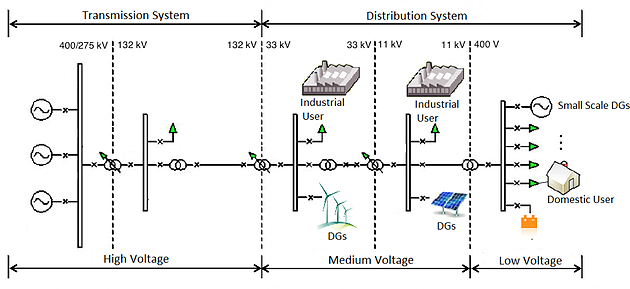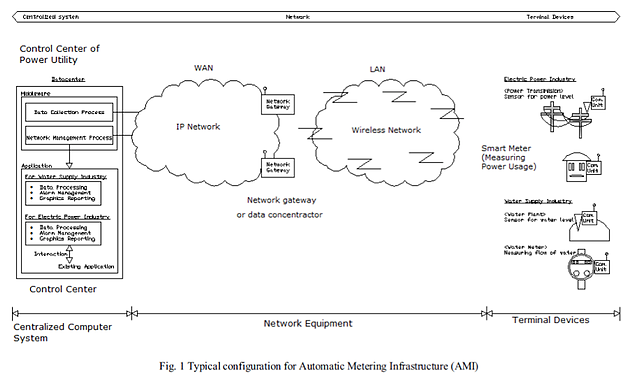Motivated by the urgency of moving away from conventional fossil fuels to alternatives, we investigate many different aspects of energy systems within the group. Intermittent energy sources (including PV, wind and tides) pose a major challenge to conventional electrical systems, particularly in the area of supply-demand balance. Relying on chemical batteries alone to solve this problem can be too costly. Our research focuses on identifying the optimal combination of energy storage technologies for systems ranging from isolated networks to conventional networks.
By using electrochemical technologies along with alternatives such as thermal energy storage, you can find a more economical solution. At a reduced scale, a particular interest is the application of thermal energy storage (latent and sensitive heat) to domestic refrigerators. By implementing a heat recovery system it is possible to exploit thermal energy that would otherwise be lost.
We are also interested in quantifying the performance of energy systems using a wide range of tools: life cycle analysis to measure carbon footprint, numerical simulation to aid component selection and optimization of the cost function for economic decision making.

Demand management
Demand Side Management (DSM) is a key component in the Smart Grid concept. It is often used by transmission service companies to optimize power consumption at the consumer side to match available and predicted energy generation resources. One of DSM’s key functions is to shift peak load demand, soften the demand curve, and reduce peak demand for the day. This can bring two benefits to the network:
As the capacity of an energy system is determined by the maximum demand it can withstand, the reduction in peak demand can alleviate the need to upgrade the energy system infrastructure to meet growing demand.
As the loss of power in the power distribution cable increases to the square of current, the shift in peak demand and the smoothing of the demand curve may result in a lower average loss in the distribution system.

Understanding the system voltage (how close the system capacity demand is) and maintaining good power quality are critical. EPG researchers have carried out the study of network voltage and load condition based on the high-power power data of intelligent metering infrastructure.
Analysis of large data
Energy service companies must store and control the massive data load that accumulates from the smart grid. The opportunity to do something with these data is a crucial challenge of big data and potentially a much larger market because the tools to extract data can continue to evolve to solve problems of energy service companies and save them money.
Methods for the analysis of large data are explored to solve various highly complex energy problems due to the diversity of source data (smart meters, PVs, EVs, storage, dynamic prices, utilities, etc.) and the need to extract and merge the smart grid for real-time decision making.



